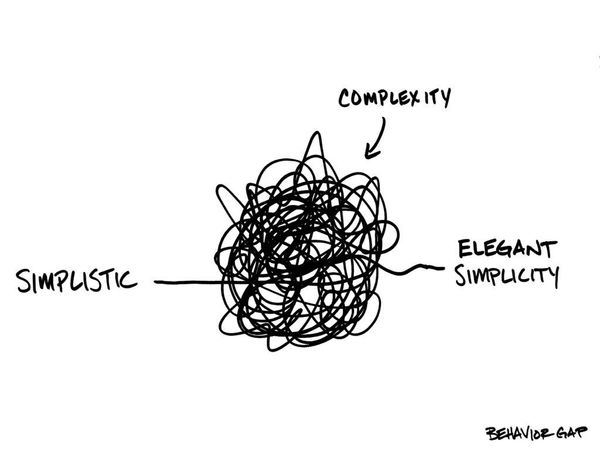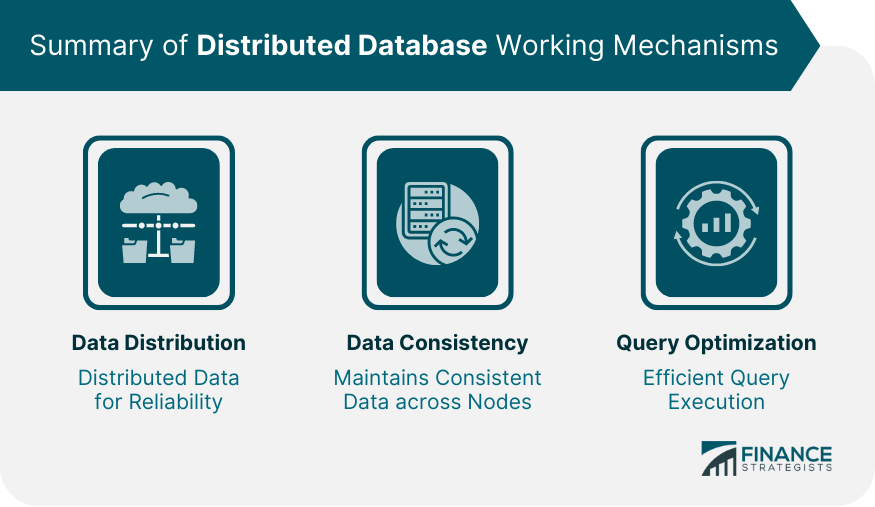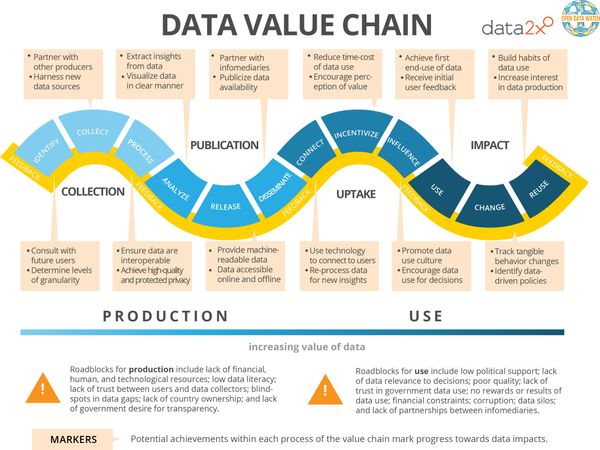Database revolution took a new turn in 2010 when Oracle Corporation acquired MySQL. According to Michael Widenius, one of the original developers of MySQL, Oracle had a conflict of interest with their original Oracle database. Hence, his response to this situation was forking the MySQL project and creating MariaDB.
The first version of MySQL was released in 1995 by a Swedish company created by David Axmark, Michael Widenius, and Allan Larsson before being acquired by Sun Microsystems in 2008.
In 2010, Sun Microsystems was sold to Oracle which gave rise to the conflict as the creator felt that since Oracle already had a closed source database, it would be slow to develop further the MySQL database focussing more on the commercial Oracle database. Since MariaDB team constitutes many MySQL developers, it has seen exponential growth since it’s inception.
Up until recently, MySQL had an enormous market share. However, a lot of developers who have traditionally been using the MySQL database are weighing in on its fork project. Today we shall evaluate both the platforms.
MySQL v/s MariaDB Performance
Over the years, both the organizations have released multiple cases of performance through benchmarks, but it will be unfair to declare a winner. Each execution is dependant on various factors including use case, number of users, connections and even the queries. Moreover, these benchmarks use a combination of database and engine so the results will be applicable only to the specific combination selected.
As the companies push each other to the limits, it is safe to say that innovation has dug itself deep into both the options as they try to outgrow the counterpart.
Cross compatibility
Both MySQL and MariaDB are open source relational database management systems (RDBMS) using tables, triggers, constraints, roles and stored procedures as core components. Because of which MariaDB allows complete transfer of data from MySQL without any changes. Yet, it is way easier to replicate data from a MySQL server to a MariaDB server than vice-versa which leads to better compatibility on the MariaDB servers.
Server Specific Features
Some key features that are missing in MariaDB but are supported by MySQL include JSON datatype which offers easy access to JavaScript Object notation documents, use of the SHA-256 algorithm to improve security, support for MySQL Shell client, and default presence of the validate_password plugin.
On the other hand, MariaDB supports, AWS key managements plugin, thread pools which are useful in cases of shorter queries, and invisible columns which allow the creation of columns not listed in the results of a SELECT statement.
Availability on the cloud

MySQL’s availability takes an edge over MariaDB since, in addition to both being available on Amazon Web Services (AWS), Microsoft Azure and Rackspace cloud, it is also available on Google’s cloud platform as a managed service offering.
Storage Engines
MariaDB has better support for storage engines than MySQL with it supporting 20 engines as compared to the nine by MySQL. These are:
MariaDB: XtraDB, InnoDB, MariaDB ColumnStore, Aria, Archive, Blackhole, Memory storage engine, Merge, Mroonga, MyISAM, MyRocks, QQGraph, Cassandra Storage Engine, Connect, CSV, FederatedX, Sequence Storage Engine, SphinxSE, Spider, TokuDB.
MySQL has: InnoDB, MyISAM, Memory, Merge, Federated, Example, CSV, Archive, Blackhole.
Conclusion
While the MySQL servers are maintained and supported by Oracle Corporation, MariaDB servers are taken care of by an open community whose inputs and patches are taken into account while creating updates and new versions. The decision of selecting the right database depends on a number of factors and hence, there cannot be a winner when it comes to choosing one of the two. Yet it is affirmative that both these platforms are innovating every day to give the developers and users the best experience.
Are you stuck with what’s the best database for you? Don’t worry, experts at OptimizDBA can provide you the best guidance to suit your needs. Contact us now







